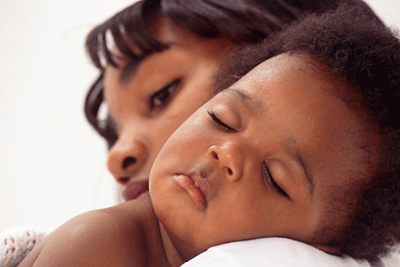Age And Fertility In Women
Age And Fertility In Women

In recent years, more and more women are waiting until their 30s and 40s to start a family. You may find it encouraging knowing that the number of women over the age of 30 having babies has risen in recent decades.
Unfortunately, fertility starts to decline for women from about the age of 30, dropping down more steeply from the age of 35. As women grow older the likelihood of getting pregnant falls while the likelihood of infertility rises.
QUALITY AND QUANTITY OF EGGS
As you get older, your chance of getting pregnant declines. Older women are also more likely to have health problems or biological issues that interfere with or affect fertility.
As you age, the quality and quantity of your eggs significantly deteriorate. Your risk of infertility increases because you have fewer eggs in your ovaries and the rate of those eggs is lower than when you were younger. Egg quantity and quality begin to decline in your late 30s and decline more rapidly in your early 40s.
Your menstrual cycle and ovulation may also grow increasingly irregular as you get older and can lead to fertility problems.
CHROMOSOMAL PROBLEMS AND MISCARRIAGE
As women age, the eggs remaining in their ovaries are more likely to develop abnormalities in their chromosomes. These abnormalities lessen their chances of getting pregnant and increase their risk of miscarriage. In fact, at least one-half of all miscarriages are due to abnormal chromosomes.
The risk of miscarriage also increases with age. Several studies show that a woman under 30 years old has a 5 per cent chance of having a miscarriage. Wait until you’re 35-39 years old to get pregnant and that risk increases to 16 per cent. If you’re 44-46 years old, you have a 60 per cent chance of having a miscarriage.
All these fertility problems tie in together. Older women have an increased risk for miscarriage due to the increase in chromosomal abnormalities in their eggs. In addition, lower-quality eggs also raise the risk of chromosomal abnormalities and miscarriage.
IVF SUCCESS AND AGE
Fertility clinics usually allow a woman to use her own eggs until somewhere between the ages of 42 and 45. One way to try to overcome the effects of ageing on fertility is through the use of fertility treatments like in vitro fertilization (IVF) or third-party reproduction such as egg or embryo donation.
If you are young and concerned about ageing and fertility, you may want to consider freezing your eggs.



